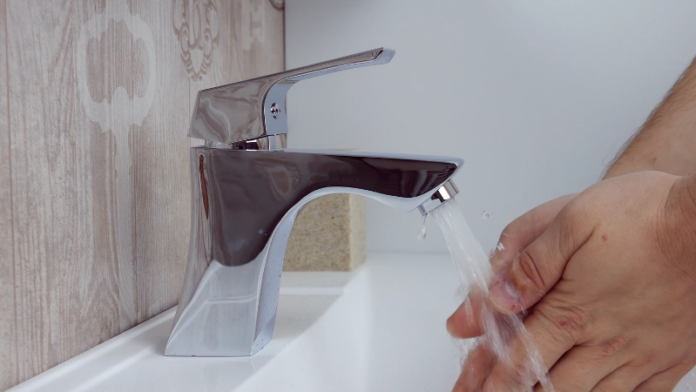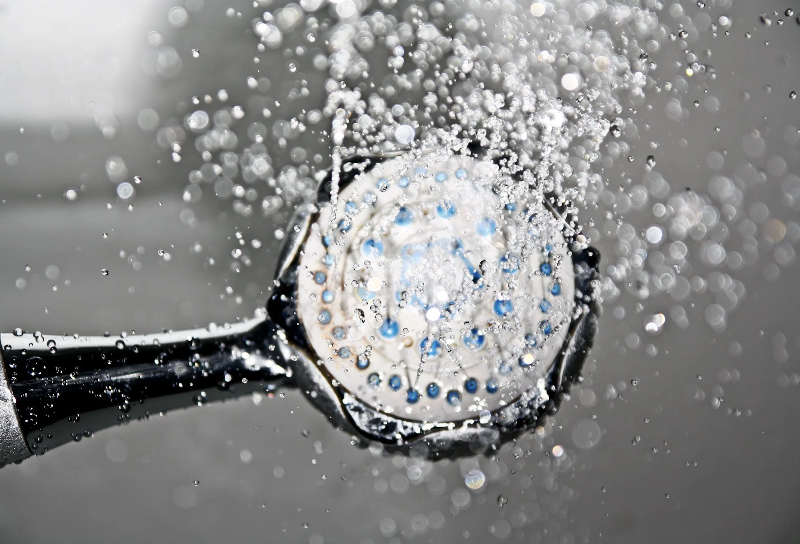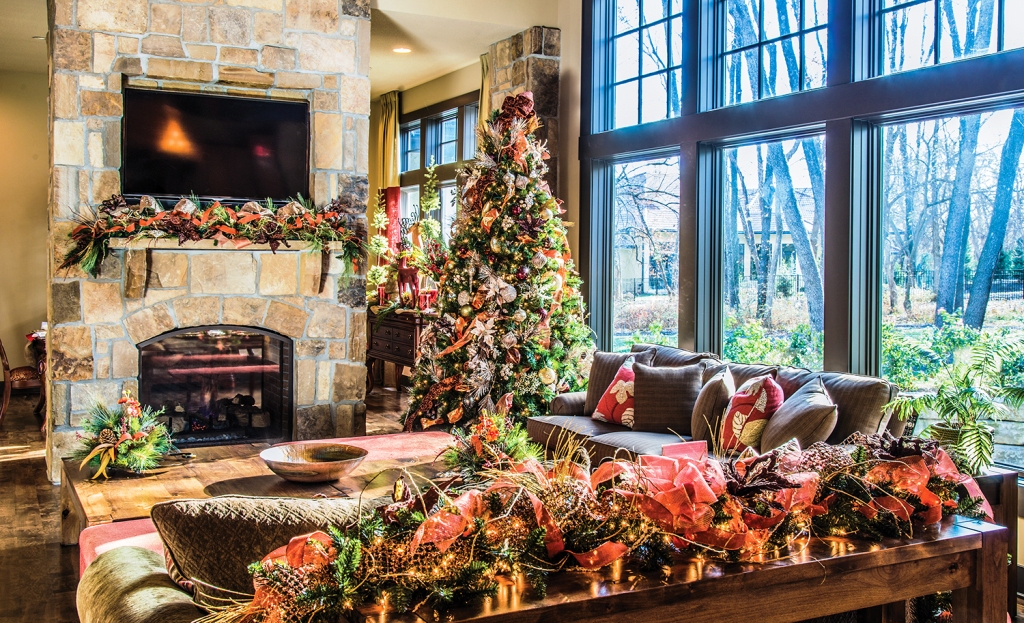Water heaters are units that we take for granted until something goes wrong. Perhaps there is a sudden loss in hot water or it is running too hot. There may be cloudy or rusty water coming out, or weird noises from the electrical unit. Add to that leaks from the valve areas or underneath, and we can see a host of possible issues.
It is obviously most cost-efficient to make repairs wherever possible, rather than replacing the entire heater every time there is an issue. Having said that, most units have historically only lasted for around a decade. More recent models may survive a couple of years longer than that. When the time comes, replacing the unit becomes the only wise and safe way forward.
The problem is that technology is ever advancing, and it can be very confusing knowing the best product to choose from. This article sets out some of the key things a potential purchaser should be looking for.
A Product Recommended By the Professionals
Many shops boast of an array of choices, and the internet is full of different company sites pushing their brands. When it comes to getting the right size units, many people use online review sites to find the right appliance for their needs. They may receive help with calculating the heater capacity for their household requirements.
People also go online to request free quotes from approved contractors. By entering their location they are able to only receive quotes from local contractors.
A Heater That is Fit For Purpose
Heaters come in all shapes and sizes, depending on what they are used for. The prices will depend on this too. The most common units are tank-style heaters. A couple may need one that can hold between 45 and 55 gallons, whilst a family of four would want between 65 and 75-gallon storage.
Tankless heaters literally produce hot water on demand, so in that sense, they are 100% efficient. Anyone considering this type should look at the flow rates and temperature rise data.
Other miscellaneous appliances include point-of-use heaters which are kept in small areas such as sheds, garages, or shops. If someone needs to heat a secondary bathroom this could be the best choice. There are also heaters designed to be used in RVs and mobile homes.
The Correct Capacity
First of all, someone should check the capacity of their existing heater. Then they should consider whether it has been sufficient to provide hot water for everyone in the household. If it’s common for people to have cold baths or showers, this would be an indication.
When shopping it’s possible to check the stickers that exist on every heater. Amongst other details, they will state the unit’s capacity for reference purposes.
The Efficiency Rating
If someone is replacing their current unit because of age, it’s unlikely that it was efficient. As with all appliances (such as washing machines and fridges), modern products have been designed to reduce energy bills. This fits into the global attempt to reduce pollution.
It may be possible to save up to 20% on fuel bills by using modern water heaters. Energy Star ratings may appear on the product packaging to provide more information.
If the faucet doesn’t have to run as long as it used to before the water runs hot, the water bills will be correspondingly reduced.
One That Will Fit
It’s possible to be so caught up with the product details that all issues of dimensions get ignored. Most people only have a limited space in which to put their heaters, and they won’t want to have a nasty shock on installation day.
Some people may decide to renovate a room to make space for a bigger and more powerful heater. They may alternatively have the option to put the new one somewhere else.
If a professional is asked to visit the property and provide quotes, they will be able to ensure the new unit will be the right size for the job. It may be that a tankless water heater will be recommended if space is restricted. This is because it could be placed on the wall or in the space behind it. Under-sink heaters can also be hidden when required.
A Good Warranty
When reviewing different products side by side, it is always worth thinking about guarantees. Most heater warranties cover between five and ten years. They can often be extended too. A good warranty helps provide peace of mind and it may be the reason one heater is chosen above another.
Always read the fine print to help clarify the cover that is being offered. No one wants to believe they are fully covered for parts and labor, and then be disappointed. It can be bad enough that things go wrong, without receiving sudden unexpected costs.
One That Will Be Safely Installed
When gas and electricity is involved, it can be dangerous to take one’s life in one’s hand and do it yourself. It can be costly getting your work fixed if it goes wrong too.
When pipes and valves are incorrectly put together, there is the risk of everything from fires to explosions. No one wants to put their family at risk from electrical fires and more. It’s not just when we are home that incidents can occur. Imagine the house burning down while you were enjoying a holiday.
Business-accredited contractors will be better placed to install the new unit and check everything is working ok. They may also remove the old unit as part of the work contract. They may also be legally required to obtain a local permit to do the work.
If someone does the research and gets professional advice, they will obtain the best product they can afford. When it is installed by experts, there will be added peace of mind. The heater will look after you if you look after it. Some regular maintenance will be required. If this requires professional service, don’t cut corners to save money.
If everything goes according to plan, everyone in the home will have all the water they need as soon as they need it. The money savings will be an added bonus too.



















